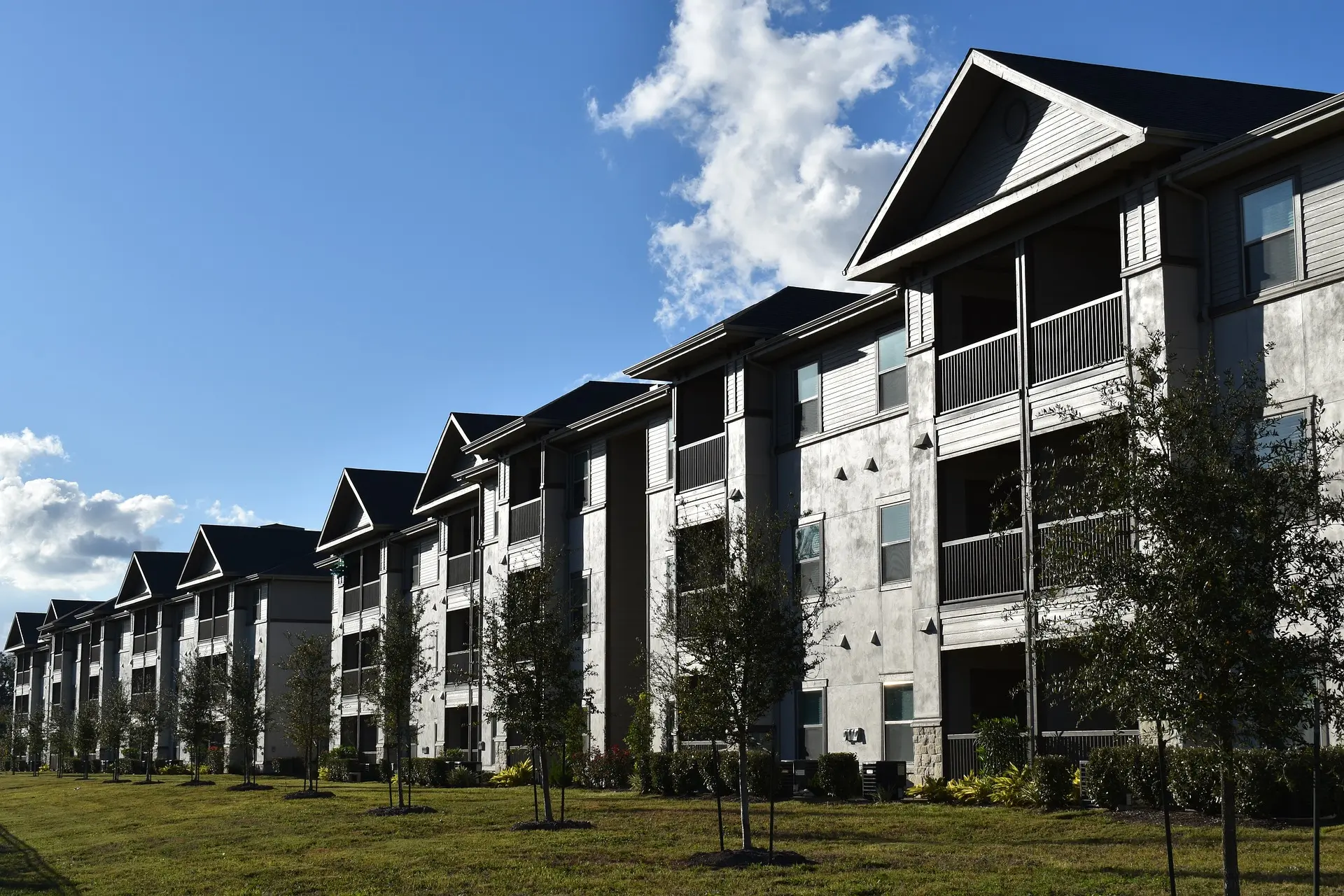
You have a great piece of commercial real estate that you’re looking to sell, but you need to know how to find the right buyer.
There are many ways to find a commercial real estate buyer. You could list your property on an online marketplace or use a broker who specializes in finding buyers for commercial properties. You could also reach out to potential buyers directly by advertising your property in industry publications or online.
The process is frequently long, and there are many moving parts. However, following these steps can increase your chances of finding a buyer for your property.
What is a Commercial Buyer?
To determine if a potential commercial property buyer is qualified, the most critical factors to look for are experience, financial stability, and a track record of successful transactions. Experienced buyers will be familiar with the market and the ins and outs of the purchase process. They will also be better equipped to handle any unforeseen challenges.
Financial stability ensures that the buyer has the resources to make a cash offer or obtain financing and close the deal and follow through on their obligations. Finally, a successful track record indicates that the buyer is serious about your property for sale.
Who buys commercial real estate?
Top commercial real estate buyers can come from a variety of backgrounds and have different motivations for investing in commercial properties. Generally, commercial real estate investors consist of:
- Institutional investors, such as pension funds
- Private equity firms
- Insurance companies
- Corporations buying property for business use
- Individual real estate investors looking to make a profit on the purchase
Institutional investors buy commercial real estate to diversify their portfolios away from stocks and bonds and to hedge inflation. Private equity firms often look to purchase undervalued assets to improve them over time and then sell them at a higher price. Insurance companies sometimes purchase income-producing properties to hedge against market volatility and create steady cash flows. Corporations may buy office buildings or warehouses to house employees or expand operations.
Individual investors are the most common commercial real estate buyers. They purchase properties to generate a positive return on their investment through rent payments and eventual resale. In addition, these individuals often seek opportunities that offer long-term capital appreciation, tax benefits, and more control over their investments than stocks and bonds provide.
In general, all commercial real estate buyers have one thing in common: they seek investments that will generate financial returns in the future.
How to Get Commercial Real Estate Clients
Commercial real estate brokerage firms can find clients and buyers for commercial real estate property by utilizing a variety of tactics, including leveraging existing contacts, building relationships with other industry professionals, participating in professional networking events, and marketing themselves through various digital platforms as social media.
When leveraging an existing network of contacts, the key is to reach out personally to people you know who may have an interest or need related to commercial real estate. This could include current tenants or investors and prospective tenants or investors. You should nurture these contacts over time.
Building relationships with other industry professionals is also essential in finding clients and buyers for commercial real estate property. Doing so will help you develop a network of contacts that can provide invaluable connections to potential clients and buyers. This could include attending industry trade shows and conferences, joining professional associations or participating in online forums related to the commercial real estate sector.
Participating in professional networking events is another tactic that can be effective in finding clients and buyers for commercial real estate property. These events range from smaller, informal get-togethers to large conventions with hundreds of attendees. Attending such events allows you to meet people with interest or need that your brokerage can fill.
Finally, marketing yourself through various digital platforms is essential in today’s business climate. For example, you can use social media platforms such as Twitter, LinkedIn, and Facebook to reach potential clients and buyers. Additionally, having an up-to-date website with relevant content related to commercial real estate can also help you attract new business.
How do commercial real estate companies generate leads?
These strategies help commercial real estate companies generate leads and find interested parties in the industry looking for their services. With a combination of traditional and modern marketing techniques, CRE brokers can reach out to potential clients and build relationships that may result in successful sales or leases:
- Networking
- Online Marketing
- Email Campaigns
- Paid Advertising:
- Referral Programs
- Social Media
- Cold Calling
- Mailers
- Property Open Houses
- Direct Mail/Postcards
How to Sell a Commercial Property Fast
When selling a commercial property quickly, it’s important to have an effective plan. A seller or broker should take the following steps to sell their property faster:
1. Set an aggressive but realistic list price. Research market trends of similar properties to ensure that the list price is competitive and entices potential buyers – setting it too high will make it difficult for a quick sale.
2. Create compelling marketing materials. Prepare detailed descriptions of the property's unique features and find attractive photos and videos highlighting the building’s features and layout, which can be posted on websites.
3. Get your network involved. Reach out to your contacts inside and outside the industry to spread the word about your property. Expanding your reach increases the number of potential buyers that can be notified of its availability.
4. Utilize an experienced real estate broker. A broker experienced in investment sales is an invaluable resource for quick sales because they have experience finding qualified buyers quickly and negotiating a favorable deal for their clients.
5. Offer incentives to sweeten the deal. Incentives like rent subsidies or closing cost credits make it easier for buyers to sign on with your property immediately rather than considering other options that may take longer to close.
By taking the appropriate steps to market their commercial property, sellers and brokers can maximize their chances of selling quickly and efficiently. A successful sale requires good analysis, planning, and execution – with the right approach, it’s possible to sell a commercial property fast.
Top Markets for Commercial Real Estate Buyers
Here are the top 10 ranked commercial real estate markets for buyers to consider, according to the Emerging Trends in Real Estate 2023 report from PwC and the Urban Land Institute:
- Nashville
- Dallas/Fort Worth
- Atlanta
- Austin
- Tampa/St. Petersburg
- Raleigh/Durham
- Miami
- Boston
- Phoenix
- Charlotte
The recent survey of this year’s top-ranked real estate markets showed that most are in faster-growing southern and western regions, away from the coasts. Quality of life and affordability plays a significant role in choosing a region for commercial real estate investing. On the other hand, areas with relatively lower scores have inadequate infrastructure for their population size and growth.
The Bottom Line
Commercial buyers can be found in many places, but the most common place to start is targeting businesses you know could use your property. Generating leads for commercial real estate can be done through various methods, but one of the most common (and practical) ways is by partnering with a company that generates leads for you.
Finally, it’s important to remember that selling a commercial property quickly requires knowing what buyers are looking for in the current market. By understanding the top markets for commercial real estate buyers, you can position your property in a way that makes it attractive to potential investors.
Source: How to Find a Commercial Real Estate Buyer | Crexi Insights
https://www.creconsult.net/market-trends/how-to-find-a-commercial-real-estate-buyer/
 [ux_text text_align="left"]
[ux_text text_align="left"]



